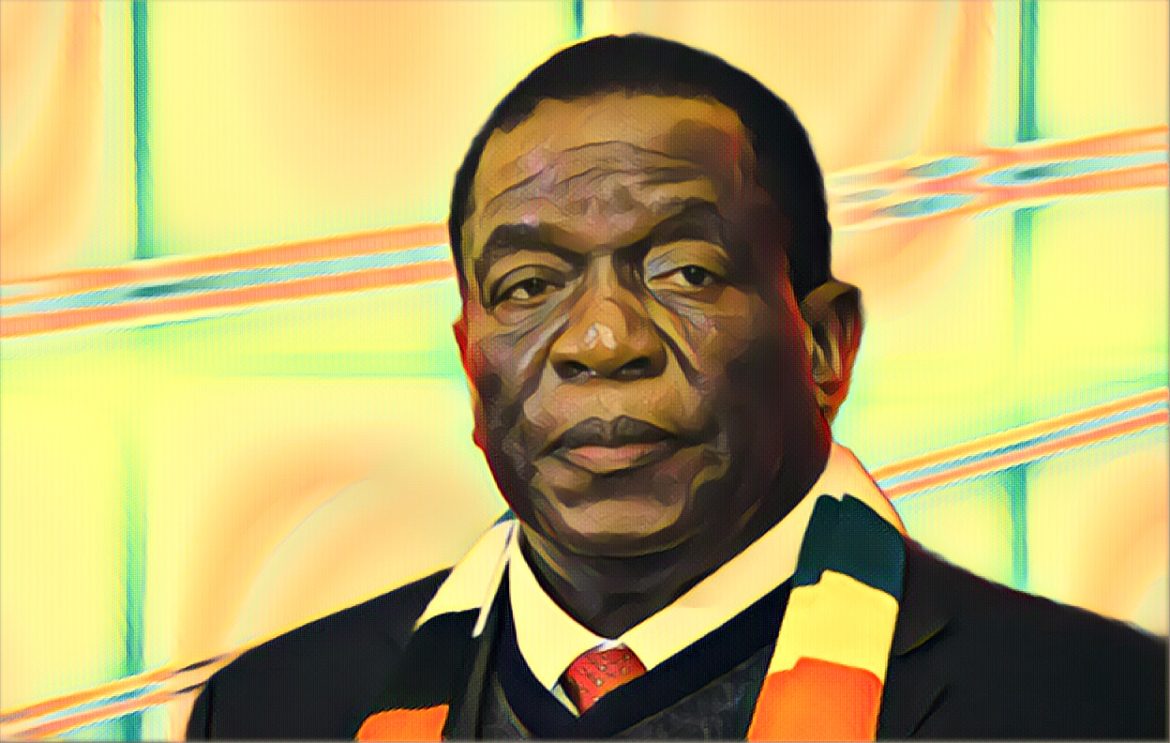President Emmerson Mnangagwa of Zimbabwe launched the Political Actors Dialogue (Polad), which has lately been a contentious issue within Zanu PF. According to reports, some influential party members are disparaging the platform as a costly and ineffectual project that falls short of producing meaningful results. This conflict arises barely a month after Mnangagwa’s reelection, which was dogged by disagreements and doubts about its impartiality from both domestic and foreign observers.
Following the divisive 2018 elections, President Mnangagwa first introduced Polad in an attempt to acquire legitimacy after his major rival, Nelson Chamisa, accused the results of being rigged, a charge that was ultimately rejected by a judge. Mnangagwa had kindly given lavish Isuzu D-Max cars and significant allowances to party principals who together had received less than 3 percent of the national vote in the presidential election as part of the dialogue project.
In spite of the criticism, Mnangagwa does not waver in his dedication to Polad. He lauded the project for its role in the previous administration in an editorial for a state-run daily, saying it promoted unity across party divisions and enabled joint policymaking. Mnangagwa added, “I plan to reestablish the framework for Political Actors Dialogue.” “It has served us extraordinarily well over the past five years, enabling us to connect with one another across party divides and jointly develop policies for our country.”
Nevertheless, Polad has not yet been reestablished nine months into his new mandate. Mnangagwa’s spokesperson, George Charamba, reaffirmed the President’s commitment to the platform but pointed out that Mnangagwa still has the last say over when and how it will be changed.
Zanu PF internal pushback worsens this instability. According to party insiders who spoke to NewsDay, many see Polad as a waste of money, claiming that because the ruling party has a sizable majority in Parliament, there is no need to interact with smaller political players. “There is no need to waste taxpayers’ money on the platform, given most of the presidential candidates in the past election did not collect large numbers and do not wield influential political capital,” a senior Zanu PF official said.
Mnangagwa intends to carry out Polad in spite of these criticisms because he thinks it has political optic value. Post-independence celebrations were expected to include meetings with Polad principals, but scheduling has been hampered by the frequent absence of Polad’s head of secretariat, Virginia Mabhiza.
Polad is criticized for many reasons than only its expense and political impact. Observers point out that Mnangagwa has frequently rejected the recommendations made by its members. In a well-known event in 2022, Peter Munyanduri was kicked out of Polad for publicly criticizing Mnangagwa’s government. Wilbert Mubaiwa, a presidential contender, also voiced doubts about the platform’s usefulness and cited its lack of legal support as a major drawback.
On the other hand, a few ex-Polad users support the platform’s earlier contributions, especially in the economic sector. Trust Chikohora, a former member, said that Polad’s efforts, including as the 2020 economic summit and the 2022 currency indaba, which he said helped stabilize the now-defunct Zimbabwean dollar, saved Zimbabwe from economic catastrophe.


